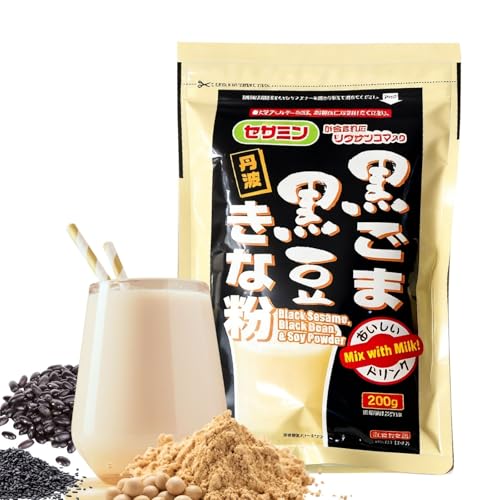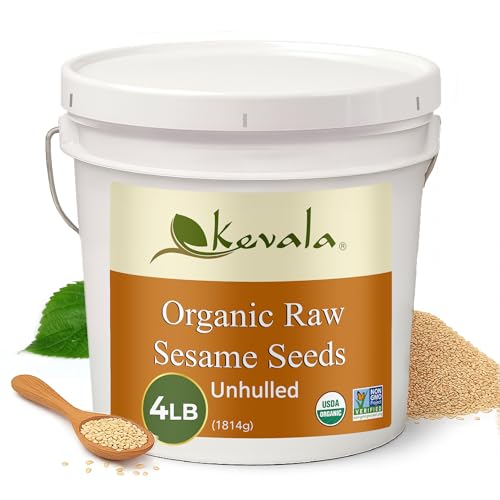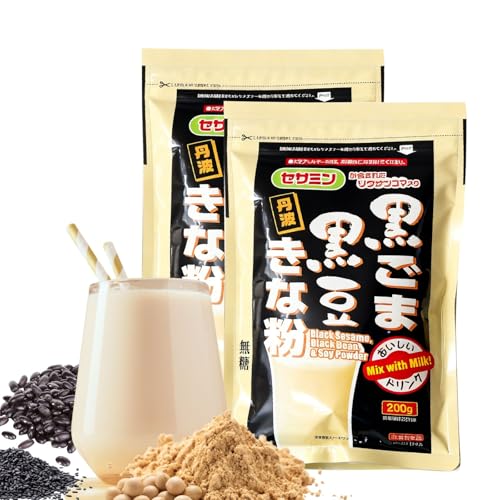When I think of healthy snacks, sesame seeds often come to mind. These tiny powerhouses pack a punch when it comes to nutrition and flavor. Whether sprinkled on salads or enjoyed straight from the bag, they offer a delightful crunch that can elevate any snack time.
But are they really a good option for those looking to munch mindfully? With their rich history and impressive health benefits, sesame seeds deserve a closer look. Join me as I dive into the world of this underrated snack and explore why they might just be the perfect addition to your diet.
Nutritional Benefits of Sesame Seeds
Sesame seeds offer a wealth of nutritional benefits, making them a fantastic choice for healthy snacking. I’ve found that incorporating these tiny seeds into my snacks adds both flavor and variety.
Rich in Essential Nutrients
Sesame seeds are a powerhouse of essential nutrients. They contain significant amounts of calcium, iron, magnesium, and zinc. A one-ounce serving provides approximately 280 mg of calcium, fulfilling around 28% of the daily value. They also contribute 1.2 mg of iron, which supports energy levels and overall health. Plus, they’re a great source of antioxidants, promoting wellness and longevity. Incorporating sesame seeds into mixed nuts or energy bars enhances their nutritional profile.
Packed with Healthy Fats
Sesame seeds contain healthy fats that are beneficial for heart health. About 50% of the total calorie content in sesame seeds comes from fats, primarily polyunsaturated and monounsaturated fatty acids. This balance of fats may help lower bad cholesterol levels. Additionally, sesame seeds provide sesamin and sesamolín, compounds that can support cardiovascular health. Using these seeds in homemade granola or as a salad topping adds a delicious crunch while boosting healthy fat intake.
Health Benefits of Consuming Sesame Seeds
Sesame seeds pack a significant nutritional punch, making them an ideal snack option. Their range of health benefits provides great reasons to include them in your diet regularly.
Heart Health
Heart health benefits from sesame seeds due to their rich content of healthy fats. Sesame seeds contain monounsaturated and polyunsaturated fatty acids, which support heart function. Consuming one ounce, or about 3 tablespoons, of sesame seeds might help lower bad cholesterol levels while boosting good cholesterol. These seeds also contain antioxidants like sesamin and sesamolin that can further protect your heart. Regular incorporation of sesame seeds into your snacks, like in energy bars or homemade granola, promotes cardiovascular wellness.
Bone Health
Bone health benefits from the impressive mineral profile of sesame seeds. A one-ounce serving provides approximately 280 mg of calcium, crucial for maintaining strong bones. Iron and magnesium found in sesame seeds also play vital roles in bone density and health. By snacking on sesame seeds or adding them to your dishes, you’re not only enjoying a tasty option but also actively supporting your skeletal structure. Utilize sesame seeds in salads or as toppings on yogurt to enhance both flavor and nutrient intake for optimal bone health.
How to Incorporate Sesame Seeds into Your Diet
Sesame seeds add a nutritious crunch to various meals and snacks. Blending these tiny powerhouses into your diet is incredibly simple.
Snack Ideas
- Trail Mix: Mix sesame seeds with nuts like almonds and walnuts, along with dried fruits. This combination offers energy and a sweet crunch.
- Rice Cakes: Top plain rice cakes with nut butter and a sprinkle of sesame seeds. It creates a satisfying, crunchy snack packed with healthy fats.
- Dips: Stir sesame seeds into hummus or guacamole for added texture and flavor. It elevates the dip while boosting its health benefits.
- Smoothies: Blend a tablespoon of sesame seeds into smoothies for an extra nutrient and protein boost. The seeds mix seamlessly into fruit and vegetable flavors.
Recipes Using Sesame Seeds
- Sesame Energy Balls: Combine oats, nut butter, honey, and sesame seeds to form small balls. Refrigerate for quick, energy-boosting snacks.
- Sesame Chicken Wrap: Make a wrap with grilled chicken, veggies, and a sprinkle of sesame seeds. The seeds add a nutty crunch that complements the flavors.
- Roasted Veggies with Sesame: Toss your favorite vegetables in olive oil and sesame seeds, then roast. This technique enhances flavor and nutrition.
- Sesame Granola: Create homemade granola using oats, honey, and sesame seeds. Bake until golden for a healthy breakfast or snack option.
Potential Allergies and Considerations
Exploring the world of healthy snacks like sesame seeds comes with important considerations, including potential allergies and the need for moderation. It’s essential to know how these tasty seeds can fit into your healthy lifestyle.
Allergic Reactions
Sesame seeds can trigger allergic reactions in some individuals, leading to symptoms like itching, swelling, gastrointestinal issues, or even anaphylaxis in severe cases. Studies indicate that sesame allergies have increased over the years, especially among children. One in 5,000 people in the U.S. is affected by this allergy, so it’s crucial to consult with a healthcare professional before incorporating sesame seeds into your diet, particularly if you or someone in your household has known allergies to similar seeds or nuts.
Moderation in Consumption
While sesame seeds provide numerous health benefits, moderation in consumption remains key. A suggested serving size is one ounce, which contains about 160 calories. Overconsumption may lead to excess calorie intake, especially when mixed into energy bars or trail mixes. Balance your diet by pairing sesame seeds with a variety of other healthy snacks to ensure you’re getting a range of nutrients. Enjoy these crunchy, flavorful seeds, but be mindful not to go overboard, keeping your overall snacking habits aligned with your health goals.
Conclusion
Sesame seeds are truly a delightful and nutritious snack option. Their versatility makes them easy to incorporate into various dishes or enjoy on their own. I love how they add a crunchy texture and a nutty flavor to so many meals.
While they pack a punch in terms of health benefits I always keep in mind the importance of moderation. It’s great to explore different ways to enjoy sesame seeds while balancing them with other snacks. So whether you sprinkle them on salads or blend them into smoothies I encourage you to give sesame seeds a try. They might just become your new favorite snack!






